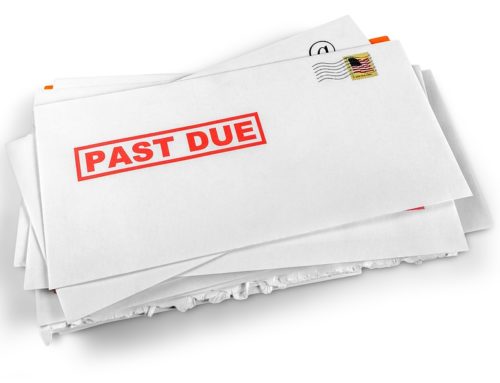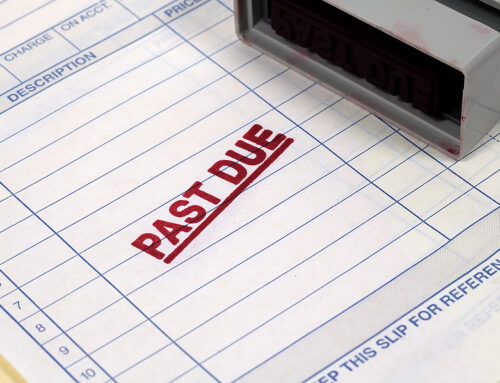Before sending any customer to a debt collection agency, it’s important for a business of any size to conduct its due diligence to try and resolve that matter. Having an established relationship with a reputable collection agency is an important part of your overall accounts receivable program. But it is critical for your business to understand how a customer got to the point of collection activity before implementation.
You and your staff should be able to answer the following questions before a customer is put into collections. And this is also a great guide for your business as you clean up your accounts receivable systems.
Did we make our payment policies clear before serving the customer?
For many of the businesses we serve, they want to create a nurturing relationship with their customers. And if you’re running a small business, you may be serving a community where your business is well known. The last thing you want to do is disrupt your reputation in a small community. But at the end of the day, when somebody asks you to provide services, you need to make sure you understand this is a business transaction. And because it is business, regardless of your relationship with your customer, you need to ensure that customers understand how and when you want to get paid. Developing a great relationship with customers is one of the best ways to grow your business. But your business needs to be paid on time. The way you do that is to be firm with your payment expectations.![]()
Did we provide the customer what our business promised?
You and your team need to understand before sending somebody into collections whether you provided the customer exactly what you promised as well as finished the job. Oftentimes a dispute arises between a business and a consumer because that person feels they were not provided what they were promised. Consumers will also hold back payment if they feel that the work that was done was not adequate or not performed to the quality they expected. In short, it is important for your team to understand whether the customer is happy with what your business provided.
Did we ask for payment promptly?
Invoicing a customer months after the service is a recipe for delayed payments. Because you showed no urgency in invoicing that customer, they feel there should be no pressure in paying you. One of the most basic concepts of accounts receivables is to have a regular system of invoicing. We provide debt collections for small business across the country and we see this all the time. A business will have labor issues and the ownership is out serving the clients. Many obligations in the office get delayed and one of them is sending out invoices. No matter how busy you get, ask for prompt payment. If you’re short on staff, outsource this task to a bookkeeper. Before you send somebody into collections, make sure you invoice them on time.
Did my staff conduct follow-ups to resolve the late payment?
If you want to preserve the relationships with your clients, even when they don’t pay you, it’s important to conduct cordial follow-ups to try and get the issue resolved. Implement a system of regular follow-up calls when customers do not pay you. Your team can even start the conversation by asking that customer if they were satisfied with the service provided. You can then gently remind them that they have an outstanding balance with your business. Before sending any customer into debt collections it’s important as well as respectful to give them a chance to resolve that payment with your business.
Did we advise them of future collection activity?
A consumer should never be surprised that they have been sent to a collection agency to resolve a financial obligation. When your team has exhausted all avenues to get a customer to pay or even create a partial payment, the next step is for your team to communicate future collection activity. First, it’s just the right thing to do. But second, in many cases, this shows your customer that you are serious about resolving the matter and that they do have an obligation to your business.
Your organization regardless of its size should have an accounts receivable process That takes into consideration all the variables before sending a customer to a collection agency.
Need to discuss your debt collection needs with APR? Call (800) 711-0023 or use the form below to request more information.







